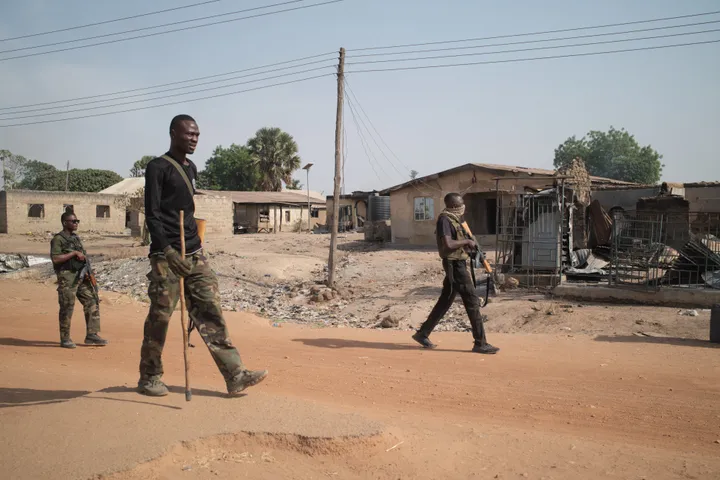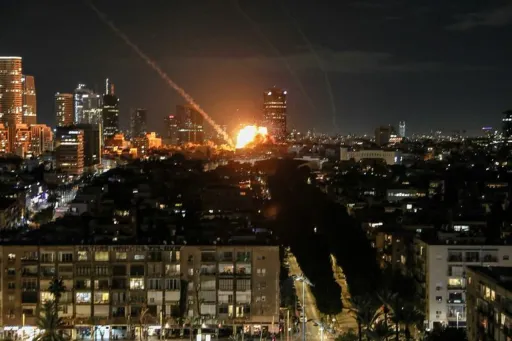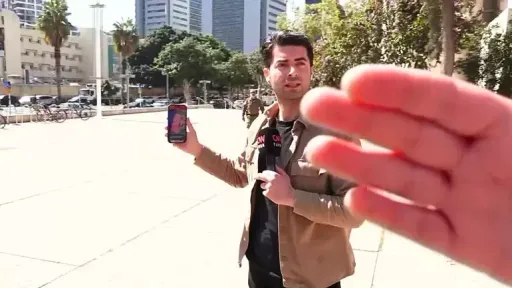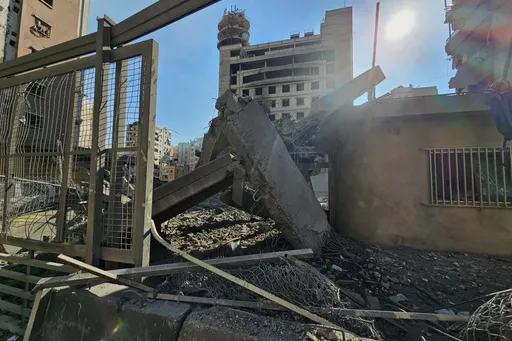Tribal clashes this week between Arabs and non-Arabs in Darfur have killed at least 33 more people, a Sudanese medical group said.
Renewed fighting in the region is a warning of still escalating violence in the war-wracked region.
Thousands have been displaced by the recent fighting in Darfur, with some crossing into neighboring Chad, the United Nations has said.
According to a statement from the Sudan Doctors Committee, the clashes took place on Wednesday in the town of Jebel Moon and the adjacent Tanjeki village in West Darfur province.
At least 10 people were also wounded, said the statement, released on Thursday.
The latest death toll raises the number of people killed in tribal fighting since October in Darfur to at least 183.
READ MORE: Sudan vows to continue anti-coup protests
Effect of military coup
The violence has especially deteriorated in recent weeks. It comes as Sudan is mired in instability following the October military coup that has rattled an already fragile democratic transition.
Sudan has faced uphill security and economic challenges since the 2019 overthrow of longtime autocrat Omar al Bashir.
Clashes in Jebel Moon first erupted in mid-November over a land dispute between Arab and non-Arab tribes. At the time, at least 17 people were killed. Another bout of violence earlier this week in the town of Kreinik, also in West Darfur, killed at least 88.
The Darfur conflict began in 2003 when ethnic Africans rebelled, accusing the Arab-dominated government in the capital, Khartoum, of discrimination.
Al Bashir’s government has been accused of retaliating by arming local nomadic Arab tribes — a charge he denies.
READ MORE: Burhan: Sudan's army will quit politics after 2023 vote























